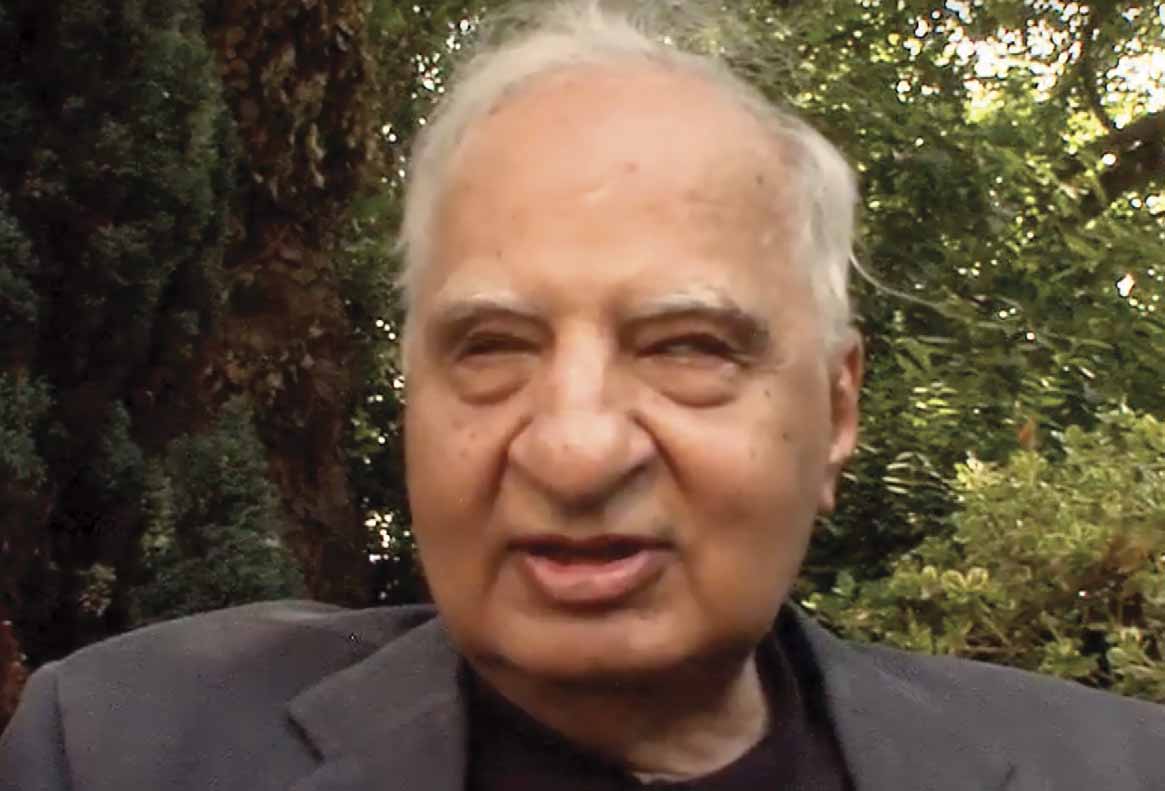
Moved and thrilled, I found his number from an old email and called him. I suppose you would say that if I had been reconciled to the fact of my blindness, I would have fallen for a different kind of woman-maybe a woman who wouldn’t have ended up hurting me. Some time later, when I had started practicing psychiatry, I discovered his account of undergoing psychoanalysis in the autobiography All For Love. But instead, Ved gloried in a life he’d created, his ability to “build a harbor,” as he did for his family on Islesboro, an island off the coast of Maine. Though as the son of a prominent physician connected enough to the British Raj to gain Ved admission, by special dispensation not usually afforded to Indians, to a British hospital meant for soldiers blinded in the Second World War, Ved could surely have had his marriage arranged. I wasn’t surprised by his subdued response to hearing that I was heading to med school after all, though a more exhilarated and relieved response came to the news that I had decided to refuse arranged marriage, as Ved emphatically had too. Ved’s cognitively atypical, truly remarkable ability, of composing lengthy, polished works only orally speaks to his prodigious memory, not just for sounds, but for sights.
Ved mehta celebrated writer new yorker how to#
Only his interest, patience, quietly-challenging insistence that I write-only his favoritism, always pushing me to “get whatever all of these Americans have”-referred implicitly to race, to a loyalty he expressed and manifested, planning how I “should try and get a Rhodes,” coaching me on how to submit my fiction to prestigious magazines he knew I thought only white people could get published in.

With me, he wouldn’t acknowledge the oppression of “racism” outright.

He had been a seeing person in early childhood, before meningitis and the choice between being institutionalized in India versus finding his own way and making a dazzling, prodigious literary life, which he did at The New Yorker for over 30 years, as “their first ever” Indian writer, and for which he received a MacArthur Genius grant in 1982. Was Homer blind? Ved’s cognitively atypical, truly remarkable ability, of composing lengthy, polished works only orally, dictating to a transcriber who wrote them back and then wrote down his revisions, speaks to his prodigious memory, not just for sounds, but for sights. This word was Ved’s actual term for her, meaning “scribe,” but also “within hand’s reach,” and she did touch him at the end of every class, guiding him out of the room. When he stood up, the cane incidental, including to go to the blackboard and, miraculously (I thought) point us to the words he couldn’t actually see, his “amanuensis” leaned close. Reading our pieces, it mattered to us what he’d say. I don’t know how much he even believed in the concept of “workshopping” anything, except he managed to create a sense of pleasant suspense in the room. He had a somehow watchful presence when students read their work, sometimes even remarking on their physical features to me later (“Is that one a dancer? I would have thought so. Yet his composure never faltered, and he had an effective way of letting the silence gave way to serious talk. Though Ved and I never spoke of it, I think he knew fully what was happening. We sat in a basement conference room while a quietly-stoned classmate made funny faces, mocking Ved’s blindness.

We met when I was a freshman and signed up for his writing class.

That fact more than anything is what I learned from the writer Ved Mehta. Love is obstinate-more than patient or kind.


 0 kommentar(er)
0 kommentar(er)
